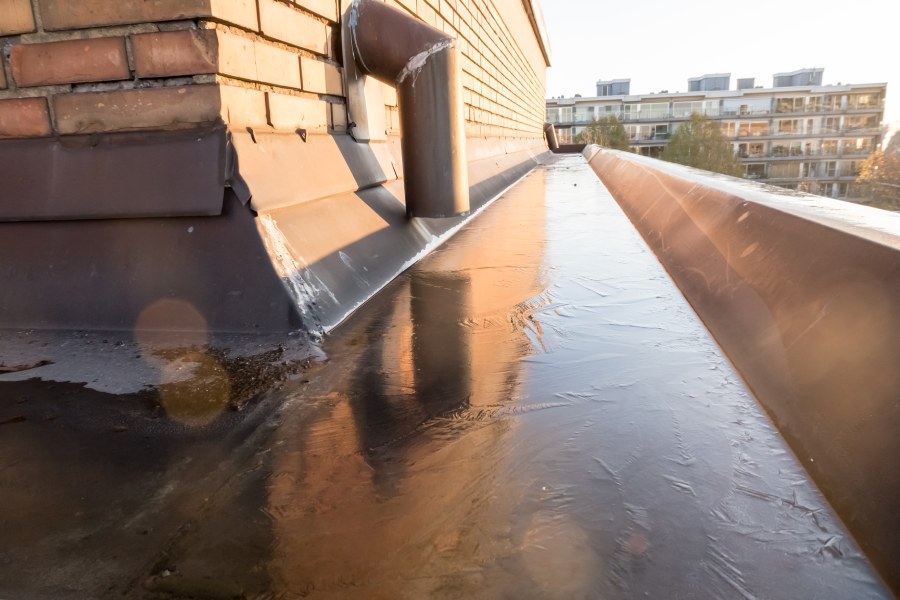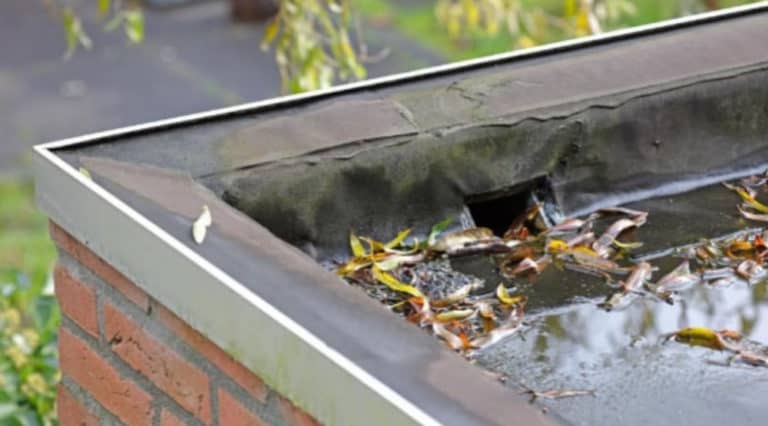Managing roof runoff is crucial for maintaining the structural integrity of your home. Roof runoff can lead to water damage, erosion, and even foundation problems if not properly addressed. This article provides homeowners with comprehensive guidance on how to effectively manage and control roof runoff.

Understanding Roof Runoff
Before diving into management strategies, it’s important to understand what roof runoff is. It refers to the rainwater and melting snow that flows off the roof. Without proper management, this water can cause significant issues, including damage to the roof, walls, and foundation of your home.
Why is Roof Runoff Management Important?
Properly managing roof runoff helps prevent a variety of problems, such as soil erosion, basement flooding, and damage to landscaping. Additionally, effective management can extend the lifespan of your home’s roof and foundation.
Assessing Your Current Roof Drainage System
Before implementing any new solutions, assess your current drainage system. Check for clogs or damages in the gutters and downspouts. Ensure that the system is directing water away from your home effectively. If you’re unsure how to do this, consider consulting a professional.
Signs of Poor Roof Runoff Management
Common signs include water stains on the ceiling, mold growth, and water pooling around the foundation. Recognizing these signs early can help you address issues before they become major problems.
Implementing Solutions for Roof Runoff
Install Gutters and Downspouts
Gutters and downspouts are the most common solutions for managing roof runoff. They channel water away from your home, reducing the risk of damage. Regular maintenance, such as cleaning and repairing, is essential to keep them functioning properly. For more information, you can visit unclog roof drainage systems.
Use a Rain Barrel
Rain barrels are an eco-friendly solution for collecting and storing roof runoff. The collected water can be used for watering plants or other non-potable purposes. This not only helps manage runoff but also conserves water.
Grading and Landscaping
Proper grading around your home can help direct roof runoff away from the foundation. Ensure that the land slopes away from your home. Additionally, landscaping solutions, such as swales or rain gardens, can help absorb and redirect water. Explore more about residential roof drainage solutions.
Advanced Roof Runoff Solutions
French Drains
French drains are underground drainage systems that help redirect water away from your home’s foundation. They are particularly useful in areas with heavy rainfall or poor natural drainage.
Permeable Pavements
Consider using permeable pavements for driveways and walkways. These materials allow water to seep through, reducing runoff and helping groundwater recharge.
Maintenance Tips for Roof Runoff Systems
Regular Inspections
Conduct regular inspections of your roof runoff systems. Look for signs of damage or clogs and address them promptly. Regular maintenance can prevent costly repairs in the future.
Clean Gutters and Downspouts
Regularly clean your gutters and downspouts to prevent blockages. Leaves, twigs, and other debris can accumulate, leading to overflow and water damage.
Professional Help for Roof Runoff Management
If you’re unsure about managing roof runoff or if your home has unique challenges, consider hiring a professional. They can assess your property’s needs and recommend the best solutions. For professional insights, check out residential flat roof drainage systems.
Conclusion
Managing roof runoff is essential for protecting your home from water-related damages. By implementing effective solutions and regular maintenance, homeowners can ensure their properties remain safe and secure. Whether you choose to install gutters, use rain barrels, or consult a professional, taking action is the first step towards safeguarding your home.

FAQ
What are the consequences of poor roof runoff management?
Poor management can lead to water damage, mold growth, foundation issues, and landscape erosion.
How often should I clean my gutters?
It’s recommended to clean your gutters at least twice a year, in the spring and fall. More frequent cleaning may be necessary if you have overhanging trees.
Can I manage roof runoff myself, or should I hire a professional?
While many solutions can be implemented by homeowners, it’s advisable to consult a professional for complex systems or if you’re unsure about the best approach for your home.
This article contains affiliate links. We may earn a commission at no extra cost to you.






